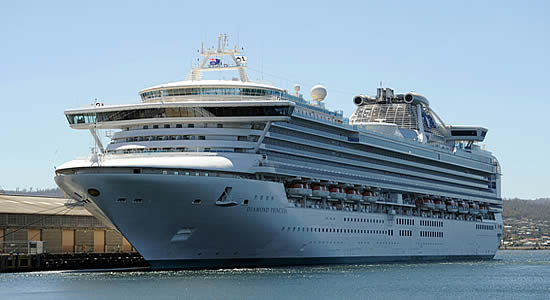As we face a wall of blanket travel bans, why emergency flights must be allowed to go ahead to help combat the COVID-19 crisis
There is no doubt that this is an extremely worrying and challenging time for everyone, with far-reaching health, economic and societal ramifications. Governments and NGOs globally are working around-the-clock to limit the spread of COVID-19, and a necessary part of this is the enforcement of some travel bans and restrictions.
However, as more and more countries issue blanket bans on air travel and transport, my concern is that this could do more damage than good. Global air infrastructure has always played an important role at times of global crisis, and it must be allowed to do so now.
Airports and airways need to remain open for urgent travel and transportation, but currently the trend is going in the other direction, towards universal closure, despite the fact that there are still countless people stranded around the world, with limited - if any - means of getting back to their home countries. Presently, there are an estimated 300,000 to 1 million Britons stranded overseas, many of whom cannot afford the drastically inflated ticket prices for the few flights that are operating back to the UK. Governments must have the appropriate designations and approvals in place to enable evacuations and repatriations to take place.
Just last month, we worked with the Foreign & Commonwealth Office (FCO) to repatriate passengers from the Diamond Princess cruise ship, which was quarantined off the coast of Yokohama in Japan. People are still in these types of situation, and we are currently working with customers in the cruise sector to repatriate significant volumes of passengers. We must be allowed to continue to do so.

The Diamond Princess was quarantined for two weeks in the port of Yokohama, Japan. More than 700 passengers who were on board tested positive for COVID-19.
Earlier in the year, we also carried out two evacuation flights from Wuhan to the UK, carrying over 300 British and EU nationals in total, as part of which we were able to arrange for 407 boxes of medical supplies to be flown out on the first positioning flight and an additional 200 boxes on the second.
This movement of vital supplies is crucial, and there is no faster way than by air. Back in 2014 and 2015, we saw first-hand just how important this was when we participated in the humanitarian response to the Ebola epidemic by flying aid to the affected regions. At the peak of the crisis, our Freight team was operating flights every 48 hours carrying cargo of medical equipment and supplies, vehicles, construction materials and protective clothing.
We are already seeing worrying media reports about the shortages faced by hospitals around the world, so let airfreight do its bit. We have a proud history of emergency flying on behalf of the NHS, and this type of activity shouldn’t stop.
While it’s understandable that at this time the main concern of governments globally is the health and safety of its citizens, it would also be very dangerous to underestimate the very severe economic repercussions of shutting down supply chains. Who knows if they will be able to start up again? To the extent that we can, we need to keep the economy moving, and this necessarily involves transport.
Our business, like all others in the global aviation industry, is feeling the impact of COVID-19, but we all understand that, in the health interests of global citizens, travel must be restricted in order to contain the virus. But the key here is that travel is restricted, not ‘blanket banned’. We simply ask that proportionate measures are taken. We opened up the skies so that we could transport people and goods quickly and efficiently around the globe: let’s not close them entirely when we need to do this more than ever, in order to fly people safely home and get supplies to those who desperately need them.
| © BlueSky Business Aviation News Ltd 2008-2020 |


